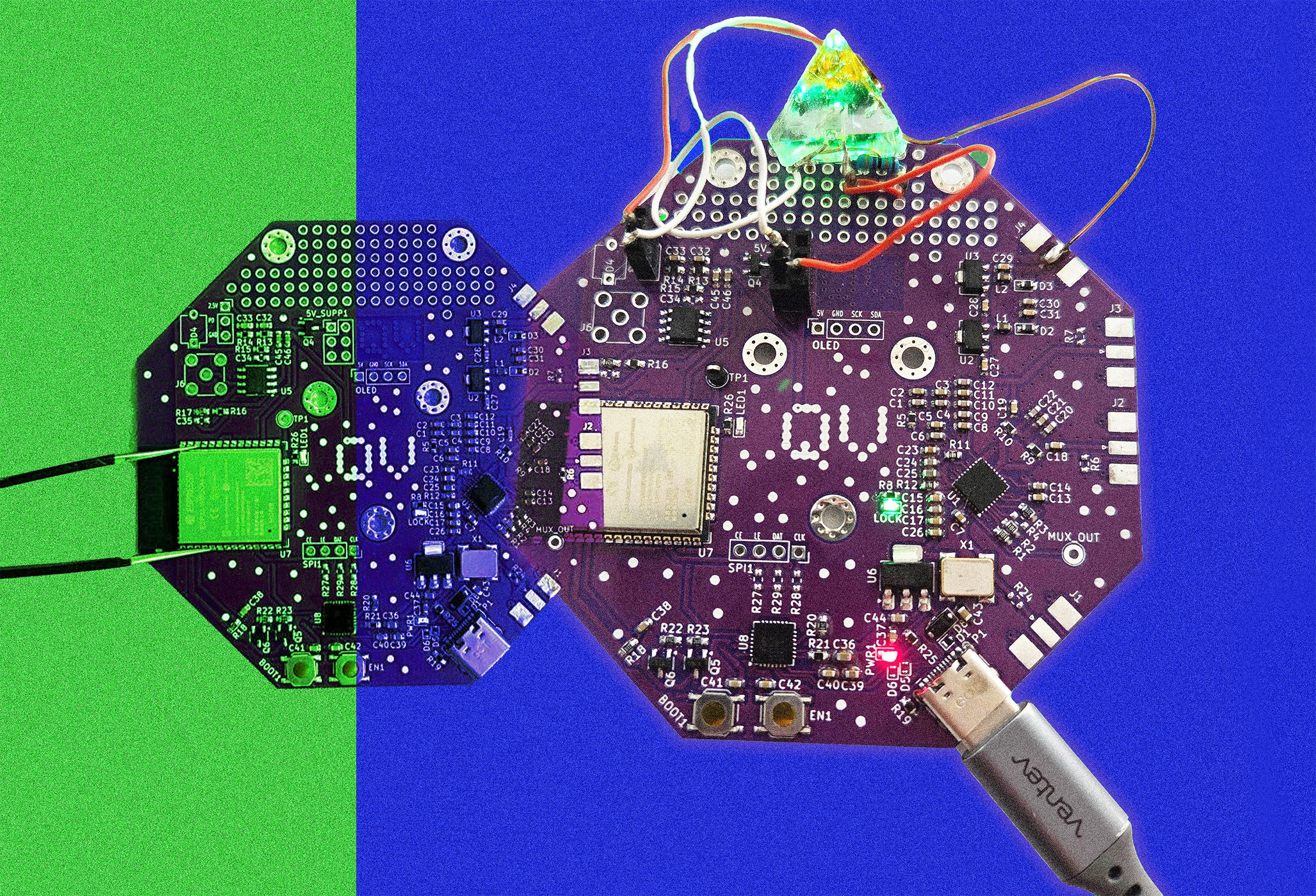Hackers Hijacked Google’s Gemini AI With a Poisoned Calendar Invite to Take Over a Smart Home
…

Hackers Hijacked Google’s Gemini AI With a Poisoned Calendar Invite to Take Over a Smart Home
In a recent cybersecurity incident, hackers managed to exploit a vulnerability in Google’s Gemini AI system by sending a poisoned calendar invite to an unsuspecting user, allowing them to take over a smart home.
The malicious calendar invite contained a hidden code that, when opened, granted the hackers access to the user’s smart home devices connected to the Gemini AI system.
Once inside the system, the hackers were able to control various aspects of the smart home, such as turning off security cameras, unlocking doors, and adjusting thermostat settings.
This alarming breach highlights the potential risks associated with interconnected smart home devices and the importance of implementing robust cybersecurity measures to protect against such attacks.
Google has since released a security patch to address the vulnerability and has urged users to update their devices to prevent similar incidents from occurring in the future.
Experts are advising smart home users to be cautious when receiving unexpected calendar invites or messages from unknown sources and to regularly update their device software to mitigate potential security risks.
As technology continues to advance, it is crucial for users to remain vigilant and proactive in safeguarding their personal information and devices from cyber threats.
The incident serves as a stark reminder of the vulnerabilities that can arise from the increasing integration of AI systems and smart home technology in our daily lives.
By staying informed and following best practices in cybersecurity, users can better protect themselves against potential attacks and ensure the safety and security of their smart home environments.






